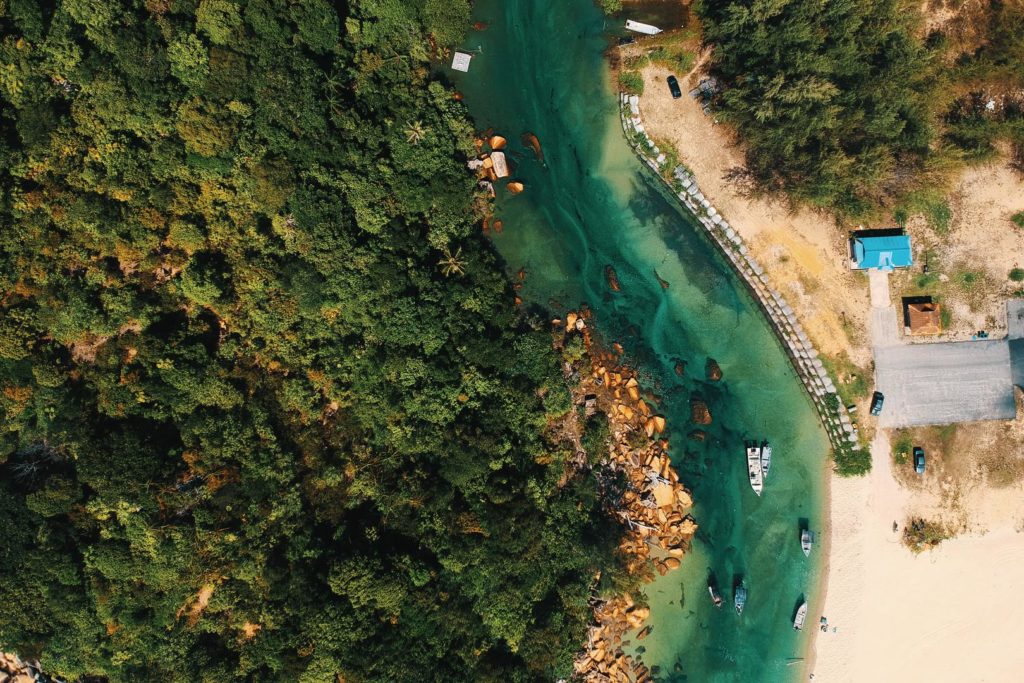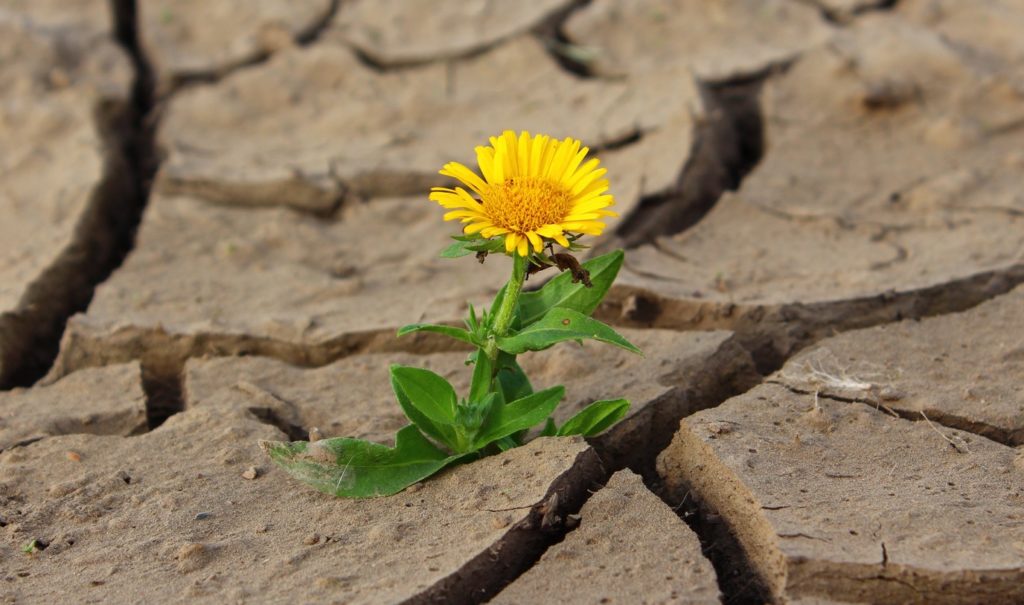
This Slovak startup is using AI and drones to help preserve natural water cycles
“When the well’s dry, we know the worth of water.” – Benjamin Franklin.
It covers more than two-thirds of our planet and makes up more than half of our body composition. It sparks life, grows food, and has the power to carve through mountains and shape the earth. Water is one of humanity’s most precious resources, and we must do everything we can to conserve its natural balance.
We’ve seen evidence of climate change causing worsening droughts around the world, with an impact on farmland and a decrease in crop yields. Due to expanding urbanisation causing water to deviate from its natural path, we’ve also seen the onset of rapid, unnatural flooding. Sustainability has never been more important, and thankfully for us, bright minds and passionate people around the world are on the case.
One such group is Rain for Climate, an innovative Slovak startup which is working to restore ecosystem stability around the world. The team from Velké Záluží has designed a solution which can help areas which have lost water, or those with unnatrual flooding recover, using artificial intelligence (AI) to analyse aerial data gathered by drones. Once this is done, the team can provide bespoke solutions for each individual case – whether it’s a suburban garden or acres of forest or farmland.
Hydrating the Earth
The expansion of cities and asphalt roads, along with the industrialisation of agriculture and forests disrupts local water cycles by diverting water from its natural routes. This can lead to frequent droughts and dehydration. In the other extreme, urban structures can cause water to rapidly pool in a localised area, causing flooding after torrential rain, leading to instability, and having a knock-on effect on local economies.
Over the last two hundred years, more than 760 billion cubic meters of rainwater has deviated from its natural course. This missing water has lead to cases of droughts, floods and fires, as well as contributing to rising ocean levels.
We have about five years to act, otherwise the ecosystem will be irreversibly damaged
Working on their model for more than three decades, Rain for Climate founder Michal Kravčík has gathered scientists, ecologists, hydrologists, entrepreneurs and government agencies around him to create a plan to restore climate stability:
“The research we’ve been working on for years has shown that climate change is not just about high greenhouse gas production, but especially about desertification – the planet’s drying out. According to the analyses, we have about five years to act, otherwise the ecosystem will be irreversibly damaged,” says Vlado Zaujec , CEO and co-founder of Rain for Climate.
When AI meets nature
Rain for Climate’s unique solution involves gathering territorial data with drones, which can provide perspective and information faster and more accurately than standard ground-level analysis. This data can then be used to create a personalised report for each customer, based on the needs of their land, providing bespoke technical solutions from a catalogue of over 5,000 different possible measures and actions.
As a Microsoft AI for Earth grant winner, the company has been given free Azure credits to help power and develop an AI solution to more accurately analyse drone data, at a faster rate. Currently in an internal testing phase, the solution also makes use of machine learning, allowing the AI to also improve with time, teaching itself to spot patterns and make connections across its ever-growing data pool.
“We get a lot of data from the drones, which we can quickly analyse thanks to artificial intelligence and machine learning, made possible by our Microsoft grant,” says Vlado Zaujec. “Based on the evaluation, experts can then prepare a water retention project, where they select different technical solutions from a catalogue of more than 5000 measures. The type of solution, size, location and materials used reflect the uniqueness of each territory.”
As with all environmental projects, Rain for Climate’s goal is seen by its founder as a long-distance endeavour. The AI-powered solution that the company is working on is an evolution in its journey towards its ultimate goal of restoring water to its natural balance in affected areas, as quickly, and as efficiently as possible. Thanks to technology and innovative companies like Rain for Climate, we look forward to seeing more innovative solutions that will help conserve our planet.







